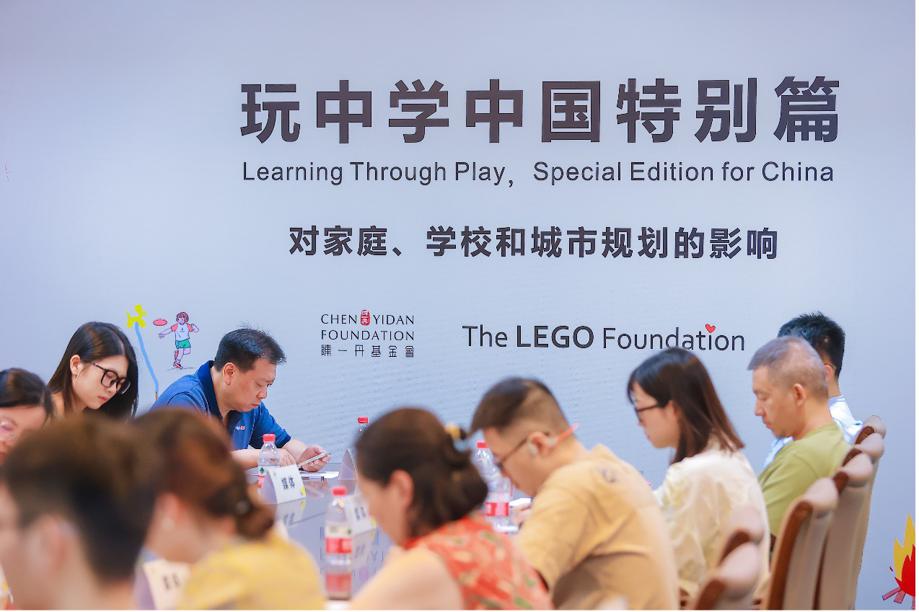All work and no play can hinder learning development, report suggests


A conventional belief held by many Chinese parents is that children should prioritize learning over play for a prosperous future. However, a recent report suggests that play could help children learn better.
Titled “Where Global Science Meets Playful Learning: Implications for Home, School, Cities and Digital Spaces — A Special Focus on China”, the report has been jointly released by Chen Yidan Foundation and the LEGO Foundation in Shenzhen, Guangdong province, in late July.
With surveys conducted among families in China and the United States, the report reveals that play is crucial for the healthy development of an individual’s brain and fosters the essential skills needed for children to thrive in the 21st century.
Bo Stjerne Thomsen, vice-president of the LEGO Foundation, says that the practice of learning through play could enable children to develop a deeper understanding of things and apply it to solve real-life problems with a positive lifelong attitude toward learning.
He also mentions that, through the surveys, they found that differences in educational beliefs exist across different cultural backgrounds. For example, in China, if a child jumps around on the sofa, parents may not be very happy, while US parents might see it as a form of learning and a way to enhance the child’s physical abilities.
The report was written by scholars and experts from several renowned colleges including Tsinghua University and the University of California, Berkeley.




































